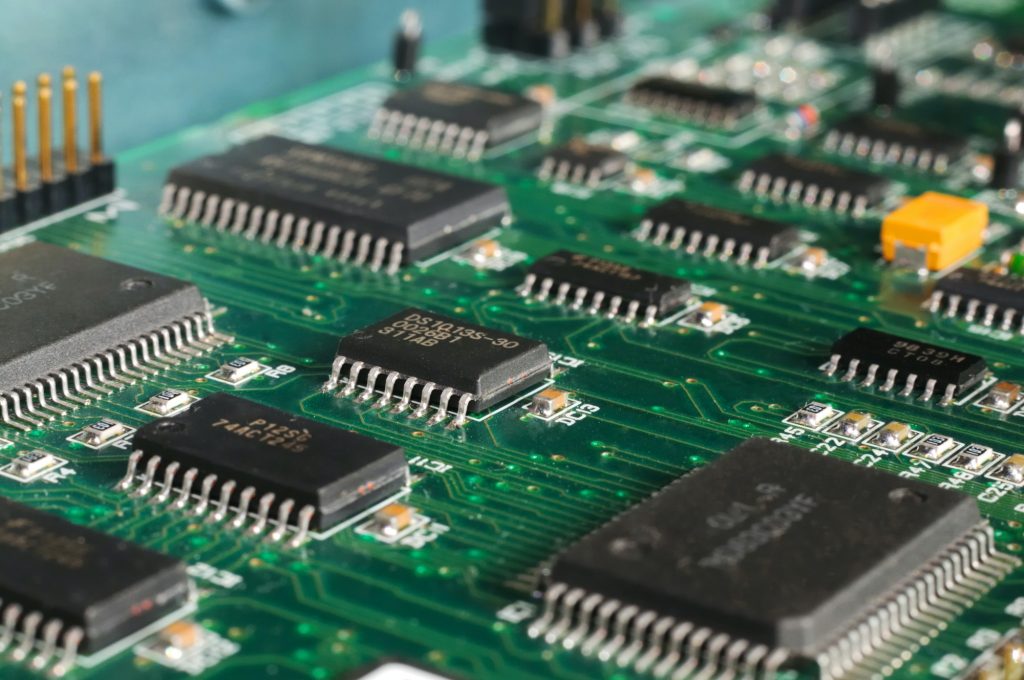
Precision Engineering: Strategies for High-Quality PCB Design and Development
Precision engineering is critical in the field of PCB (Printed Circuit Board) design and development to guarantee the creation of high-quality electronic gadgets. From perplexing circuit designs to cutting-edge fabricating processes, pcb design and development assume an essential role in upgrading performance, dependability, and usefulness.
Extensive Design Arranging
The foundation of precision engineering in PCB design begins with far-reaching arrangement. This includes plainly characterizing the prerequisites, determinations, and targets of the electronic gadget. Engineers should take into account factors such as usability, performance, size requirements, power utilization, and ecological circumstances.
High-Level Computer-Aided Design Programming Apparatuses
PC-aided design (computer-aided design) programming apparatuses are key for precision engineering in PCB design. These high-level programming instruments empower specialists to make point-by-point circuit schematics, design complex PCB formats, and perform reproductions to break down performance and unwavering quality.
Ideal Part Choice
Choosing the right parts is basic for achieving precision in PCB design. Engineers should cautiously assess factors like similarity, dependability, performance, and accessibility. By selecting high-quality parts from reputable manufacturers, designers can reduce the risk of part disappointment and ensure the electronic gadget’s life span and dependability.

Thorough Testing and Approval
Precision engineering in PCB design necessitates thorough testing and approval to ensure the final design’s usefulness, performance, and unwavering quality. Engineers use an assortment of testing techniques, including utilitarian testing, electrical testing, warm testing, and natural testing, to guarantee that the PCB meets the predetermined necessities and standards.
Constant Improvement and Advancement
Precision engineering is a continuous cycle that requires constant improvement and streamlining. Engineers should keep up to date with the most recent mechanical headways, industry patterns, and best practices in pcb design and development. By embracing development and taking on new strategies and procedures, specialists can improve the precision, effectiveness, and quality of their PCB designs.
Taking everything into account, precision engineering is fundamental for achieving high-quality PCB design and development. By implementing strategies such as thorough design arranging, high-level computer-aided design programming instruments, ideal part determination, thorough testing and approval, and continuous improvement and enhancement, specialists can ensure the creation of reliable, effective, and high-performance electronic gadgets. By focusing on precision in PCB design, architects can meet the needs of increasingly complex and modern hardware applications while driving advancement in the field of electronic engineering.






